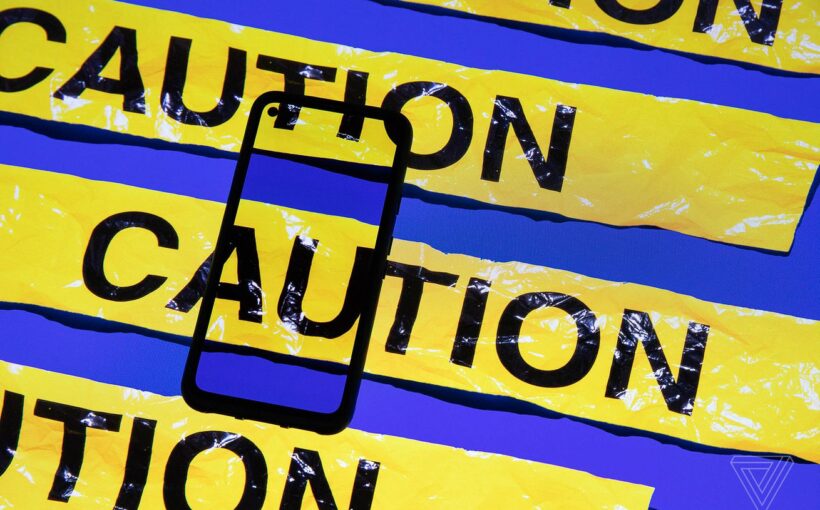
The Federal Trade Commission (FTC) warned the public against scanning any old QR code in a consumer alerts blog last week. Naturally, the warning comes down to security and privacy — bad actors can put QR codes in inconspicuous places or send them via text or email, then just sit back and wait for a payday in the form of money, logins, or other sensitive information.
The New York Times reported that John Fokker, who heads threat intelligence at cybersecurity company Trellix, says Trellix found over “60,000 samples of QR code attacks” in the third quarter this year alone. The Times wrote that the most popular scams involved payroll and HR personnel impersonators and postal scams, among others. Early last year, police in several Texas…



